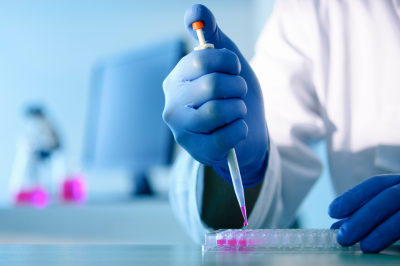The gastrointestinal (GI) lab is a specialized medical facility that focuses on diagnosing and treating conditions related to the digestive system. Within the GI lab, several diagnostic tests are available, including biofeedback, anorectal manometry, and endoanal ultrasonography. The GI lab is staffed by highly trained medical professionals, who are experienced in performing these procedures. The lab is equipped with advanced diagnostic equipment, ensuring accurate and reliable test results.

Anorectal manometry is another diagnostic test that is used to evaluate the function of the rectum and anal sphincter muscles. This test involves the insertion of a small catheter into the anus, which measures the pressure within the rectum and anal sphincter muscles. Anorectal manometry is commonly used to diagnose conditions such as faecal incontinence, chronic constipation, and pelvic floor dysfunction.
Endoanal ultrasonography is a diagnostic test that uses high-frequency sound waves to produce images of the anal canal and surrounding tissues. During the procedure, a small ultrasound probe is inserted into the anus, providing detailed images of the muscles and tissues that control bowel movements. Endoanal ultrasonography is commonly used to diagnose conditions such as anal fistulas, anal abscesses, and sphincter injuries.
Biofeedback is a non-invasive treatment for pelvic floor disorders. During the procedure, sensors are placed on the skin and anus, and patients are asked to perform exercises to strengthen these muscles. The sensors then provide feedback on the effectiveness of the exercises and the strength of the muscles.
In summary, the GI lab is a specialized medical facility that provides a range of diagnostic tests to evaluate and treat conditions related to the digestive system. Biofeedback, anorectal manometry, and endoanal ultrasonography are just a few of the diagnostic tests available in the GI lab.
